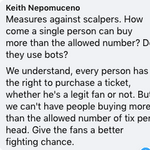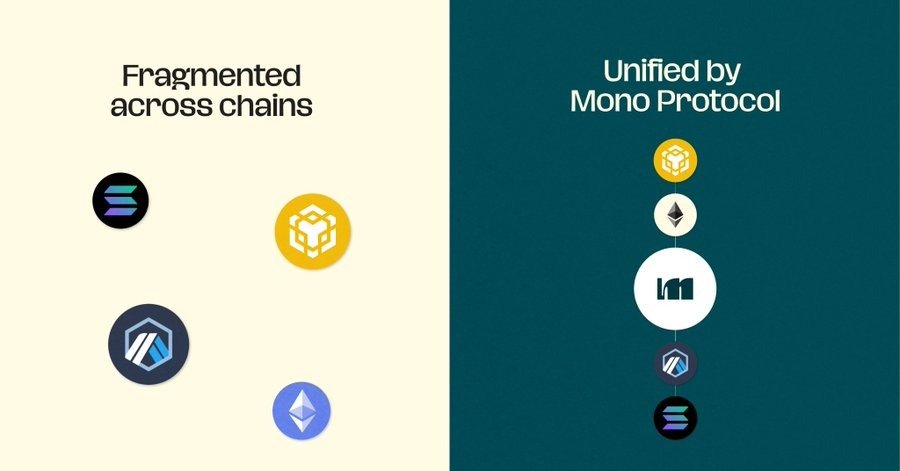‘Let legit fans buy tickets first’: Law vs scalping and other wishes from Filipino concertgoers

SUMMARY
This is AI generated summarization, which may have errors. For context, always refer to the full article.
Seeing your favorite artist is an unforgettable experience. And it’s a privilege that not every fan gets to do.
Thankfully, though, the live entertainment scene has bounced back since the pandemic lockdowns. Many local and international acts have staged concerts in the Philippines in the past year, with some even returning to the country within months.
And while most of these shows have become a “core memory” for fans, there have been instances and aspects of these shows that have caused great dissatisfaction. Note that many fans spend thousands of pesos and even travel hundreds of miles for these shows.
Sure, staging concerts and live shows are a massive undertaking. Just booking an artist alone is already an entire complicated process. From scouring for appropriate locations, to deciding ticket prices, to promoting the event, to ensuring safety on concert day – every show requires strategic planning and thorough preparation.
There’s a lot that fans don’t see behind the scenes. But it still doesn’t hurt to listen to their feedback so as to improve concert experiences, no?
We asked Rappler readers which aspects of live shows and concerts could be improved upon, and here’s what they had to say:
Law against scalping and fairer ticket allotment
Most readers lamented the current ticketing system, with several calling for a law against scalping. Scalpers are individuals who purchase a lot of tickets and sell them at higher prices.
“How come a single person can buy more than the allowed number? Do they use bots?” one comment read. “We understand that every person has the right to purchase a ticket, whether he’s a legit fan or not. But we can’t have people buying more than the allowed number of [tickets] per head. Give fans a better fighting chance.”
Fans usually line up for hours and even allocate a huge portion of their day during the ticket selling period. That’s why it’s such a downer when they don’t get their desired seats, or worse, don’t get any tickets at all. But what makes it even more infuriating is seeing these seats (many of which have the better views) being resold at a heftier price.
Another netizen wrote: “There should be a law against scalping. Minsan nauuna pang makabili ang scalpers ng good seats kesa sa actual fans and concertgoers (Sometimes, scalpers get the good seats ahead of the actual fans and concertgoers).”
During the ticket selling for TWICE’s Ready to Be concert at the Philippine Arena, a viral tweet revealed that a scalper was selling 16 VIP tickets for P40,000 each. In reality, one VIP ticket only costs P17,500, and per purchase guidelines, one user can only avail of a maximum of four tickets per transaction.
There are even cases where the tickets are resold at twice or thrice the original price, with some scalpers even offering them outside concert venues right before the actual show starts. Worse, these scalpers might even be selling fake or invalid tickets.
While the Philippines has yet to have a sweeping law against scalping, there are some cities in Metro Manila that have anti-scalping ordinances. In December 2018, police were able to nab a total of 17 scalpers selling UAAP Finals tickets at 5 to 10 times their original prices.
Some organizers are also taking a more proactive approach against scalping.
Concert promoter PULP Live World, for instance, has introduced a ticket verification process, wherein the ticket holders’ names are printed on the physical concert tickets. To enter the concert venue, attendees should present a valid ID that matches the name indicated on their physical tickets.
Aside from scalping, fans have also raised issues surrounding online purchasing. Usually during ticketing days, social media trends revolve around fans being unable access ticketing websites or not seeing their payments go through.
“The ticketing system is broken regardless of who’s providing the tickets,” one comment read.
Still on ticketing matters, fans have also asked for fair and transparent distribution of available tickets.
“[Organizers] should not reserve tickets [for] VIPs. Let the legit fans buy the tickets first,” one wrote, while another said: “Fair distribution of ticket sales. Sometimes
Be the first to write a comment.



